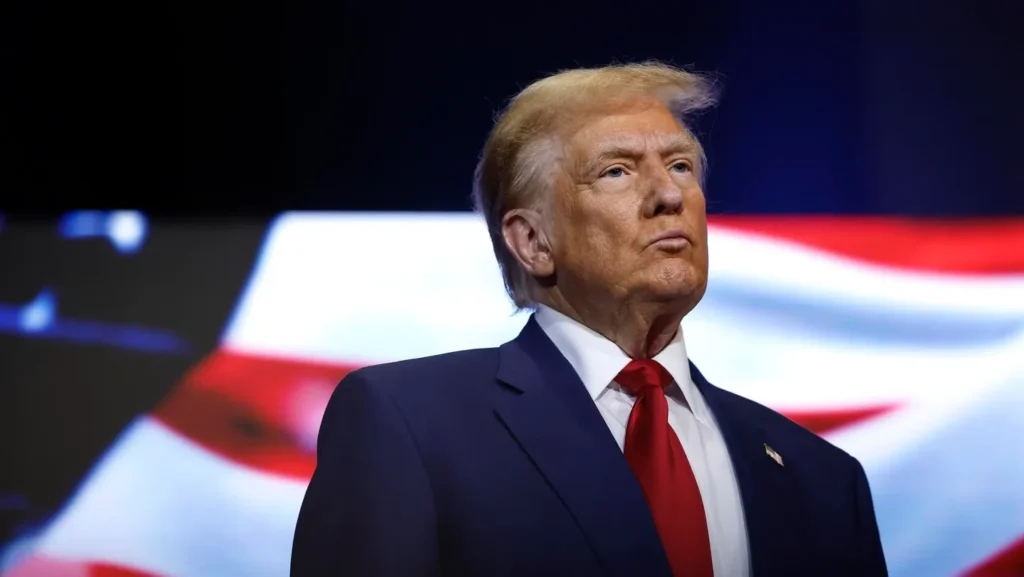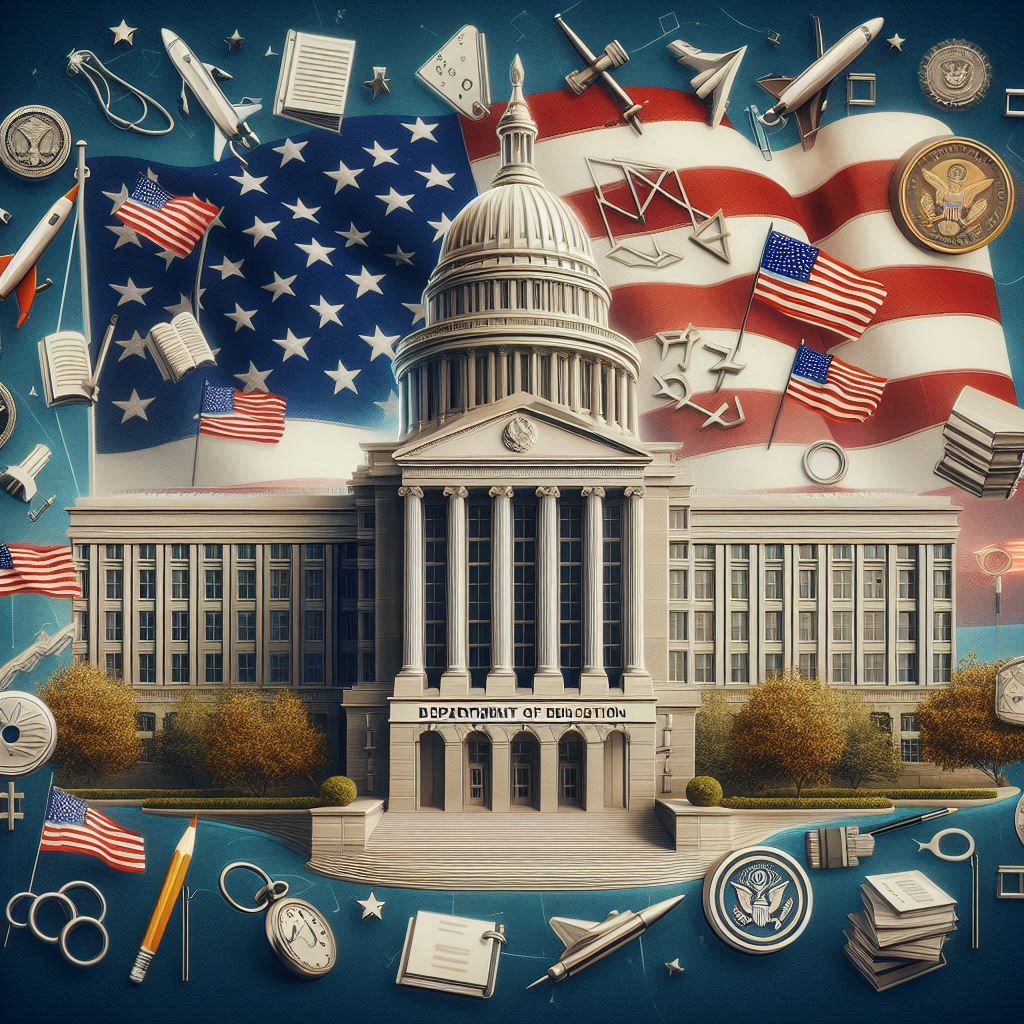
The Department of Education – A Surprising Target for Elimination?
The U.S. Department of Education, which is responsible for managing billions of dollars in federal funding and protecting student rights across the country, could soon face major changes — or even elimination. Recently, former President Donald Trump, who has advocated for reducing federal involvement in education, has pledged to shut down the Department of Education if re-elected. Trump claims that a reduced federal role in education would empower states to improve the quality of their schools, a message that is resonating among his supporters. However, education experts and officials warn that shutting down the Department of Education could cause seismic changes across the country.
Why Eliminate the Department of Education?
The Department of Education, established in 1979, was created to support equal access to education and manage federal funds allocated to public schools. However, in recent years, some have argued that it has gone far beyond its original purpose and implemented guidelines they consider intrusive and overreaching. Trump’s proposal reflects this belief, suggesting that eliminating the Department of Education would streamline the federal government and return control to local officials. He has also criticized the department’s policies, which he claims promote ideologies that “indoctrinate” students, particularly in regards to issues like critical race theory and gender identity.
What Would Closing the Department of Education Mean?
Closing the Department of Education would likely disrupt the way federal funds are distributed to schools across the country. In the 2022 fiscal year alone, the department managed $119 billion in education funding. The potential elimination of the department could affect essential programs like Title I, which supports schools in low-income areas, and the Office of Special Education Programs, which assists students with disabilities. If federal funds are no longer sent through the Department of Education, states are likely to receive block grants with little oversight, raising concerns about growing inequities in school funding.
In addition to funding, the Department of Education also enforces civil rights protections within schools. Transferring these responsibilities to other agencies, such as the Department of Justice, could complicate enforcement. Critics worry that if civil rights enforcement becomes fragmented across agencies, students from marginalized communities could face greater challenges.
Could the Department of Education Really Be Eliminated?
For Trump to abolish the Department of Education, he would need the support of Congress, including a 60-vote majority in the Senate. Given the current political landscape, this is a difficult hurdle. Although Republicans now have a majority in the Senate, they would need the support of some Democrats to reach the necessary supermajority. Moreover, public opinion is divided: A recent Pew Research survey found that only 44% of Americans view the Department of Education favorably, with a clear divide between Republicans (27%) and Democrats (62%).
Historical attempts to abolish the department have also failed, despite support from prominent Republicans such as Ronald Reagan and Senators Ted Cruz and Rand Paul. This is largely due to the department’s critical role in funding and enforcing civil rights within education, responsibilities that would be challenging to deliver elsewhere without significant legal and logistical hurdles.
What Could Replace the Department of Education?
If the department is abolished, its responsibilities won’t disappear — they’ll be reassigned. Proposals from Trump’s Agenda47 and the conservative Heritage Foundation’s Project 2025 suggest moving federal student loans to the Treasury Department and handing over civil rights enforcement to the Justice Department. While this may streamline some processes, experts warn that breaking up the department could weaken oversight and increase differences in education quality between states.
Many wonder whether local control will actually improve education standards. Some fear that removing a centralized body could increase disparities between affluent and under-resourced communities. With states controlling funding allocation, there could be significant differences in educational quality based on geographic and socio-economic factors.
What’s Next for the Department of Education?
The future of the Department of Education remains uncertain, but one thing is clear: the issue will continue to fuel debate about the federal government’s role in public education. If Trump succeeds in implementing these changes, the U.S. education system could experience one of the most transformative shifts in its history.
The debate over the Department of Education reveals deep differences in America’s views on education, government oversight, and civil rights. Closing this federal agency would undoubtedly change the funding and regulation of public education in ways that could affect millions of students across the country. As the 2024 election approaches, it will be important to see how this issue plays out—and whether the Department of Education will remain a vital player in America’s future.
- Ryan Reynolds stands firm amid Blake Lively’s lawsuit against Justin Baldoni and tensions with WME
- Elementary School Horror – 7-Year-Old Child Dies in Heartbreaking Stabbing
- Panama Canal dispute – Trump’s explosive comments reignite debate
- Governor Abbott’s Bold Move – A Chilling Campaign to Deter Illegal Immigration
- Josh Hartnett Shines Brilliantly in Colleen Hoover’s Verity: An Unmissable Gripping Thriller Worth Watching
- Magdeburg: A Thrilling Journey Through History, Culture, and Innovation

